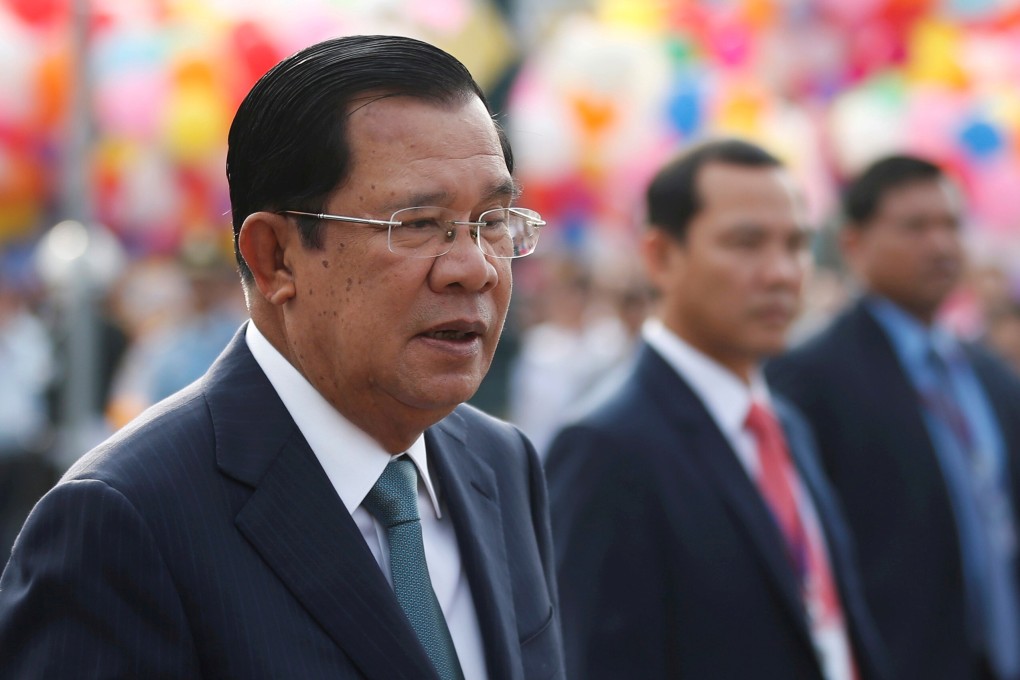Cambodia’s caution over China’s Covid-19 vaccine a signal to US: analysts
- With some 362 infections and low community transmission, the country is in no urgency to accept vaccines as compared with other nations
- Hun Sen’s wariness over China’s CoronaVac also signals that even though Phnom Penh’s ties with Beijing are deepening, it won’t always bend to China, experts say

Earlier this week, Cambodian Prime Minister Hun Sen said his country would order its first batch of Covid-19 vaccines via the United Nations-backed Covax programme, which provides subsidies to 92 lower-income countries for several vaccines, but these do not include China’s Sinovac shots.
However, a day after the prime minister’s comments, Cambodia’s Health Ministry made it clear that did not mean the country had publicly shunned the use of Chinese Covid-19 vaccines. Rather, it meant that the country would only buy vaccines approved by the world health body.
Ministry spokeswoman Or Vandine said a media outlet had falsely quoted Hun Sen’s speech claiming that Cambodia would not buy coronavirus vaccines from China. Even though the outlet was not named, Nikkei Asia ran a headline on Tuesday suggesting Hun Sen’s speech was a rejection of China.
Sophal Ear, a diplomacy and world affairs professor at the Occidental College at Los Angeles, said the about face stemmed from Phnom Penh’s anxiety about angering Beijing.
“They never want to offend their patron China, of course. So they blame the media for putting words in Hun Sen’s mouth,” Ear said. “You don’t bite the hand that feeds you.”